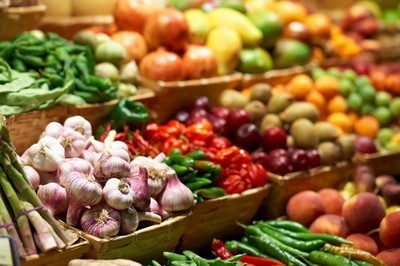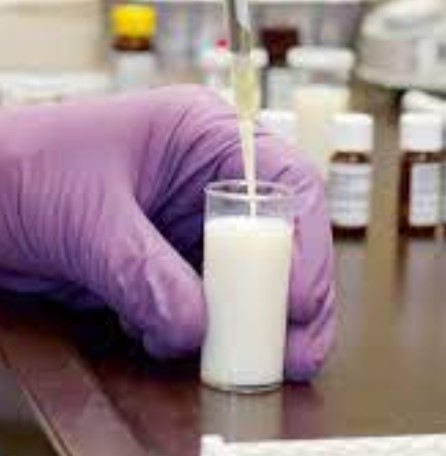The mystery of Ghana: how the country with the most paradoxical economic model lives

Enu, a market shopper in Accra, the capital of Ghana, peers disappointedly into a small bag of crabs. “Before, having bought crabs for two cedis (the national currency of Ghana. -), I could eat, but now I can’t,” she says. People complain about high inflation, and merchants about falling sales. Many citizens blame the government for this. “It's all the finance minister. Catch him and hit him,” says sweet potato saleswoman Esther.
According to an April poll by the sociological center Afrobarometer, 87% of Ghanaians believe that the country is moving in the wrong direction. The economy is one of the main problems. Annual inflation reached 30% in June. This is the highest figure in 18 years. In 2022, the Central Bank raised the base rate by 4.5 percentage points, to 19%, but nevertheless the Ghanaian cedi fell by 28% against the dollar.
Until recently, the Ghanaian government was in no hurry to take measures to combat the crisis. “We are not going to go to the IMF for help, no matter what happens. We are a proud country,” Finance Minister Ken Ofori-Atta said in February. But already on July 1, the Ghanaian authorities took their words back and requested support from the fund. This is necessary to get out of the debt hole in which the country has fallen due to the short-sighted actions of the government. In 2021, 44% of Ghana's budget revenues went to service the external debt. Excessive borrowing, of course, scared off creditors, and the country's authorities were left with almost no options.




























































